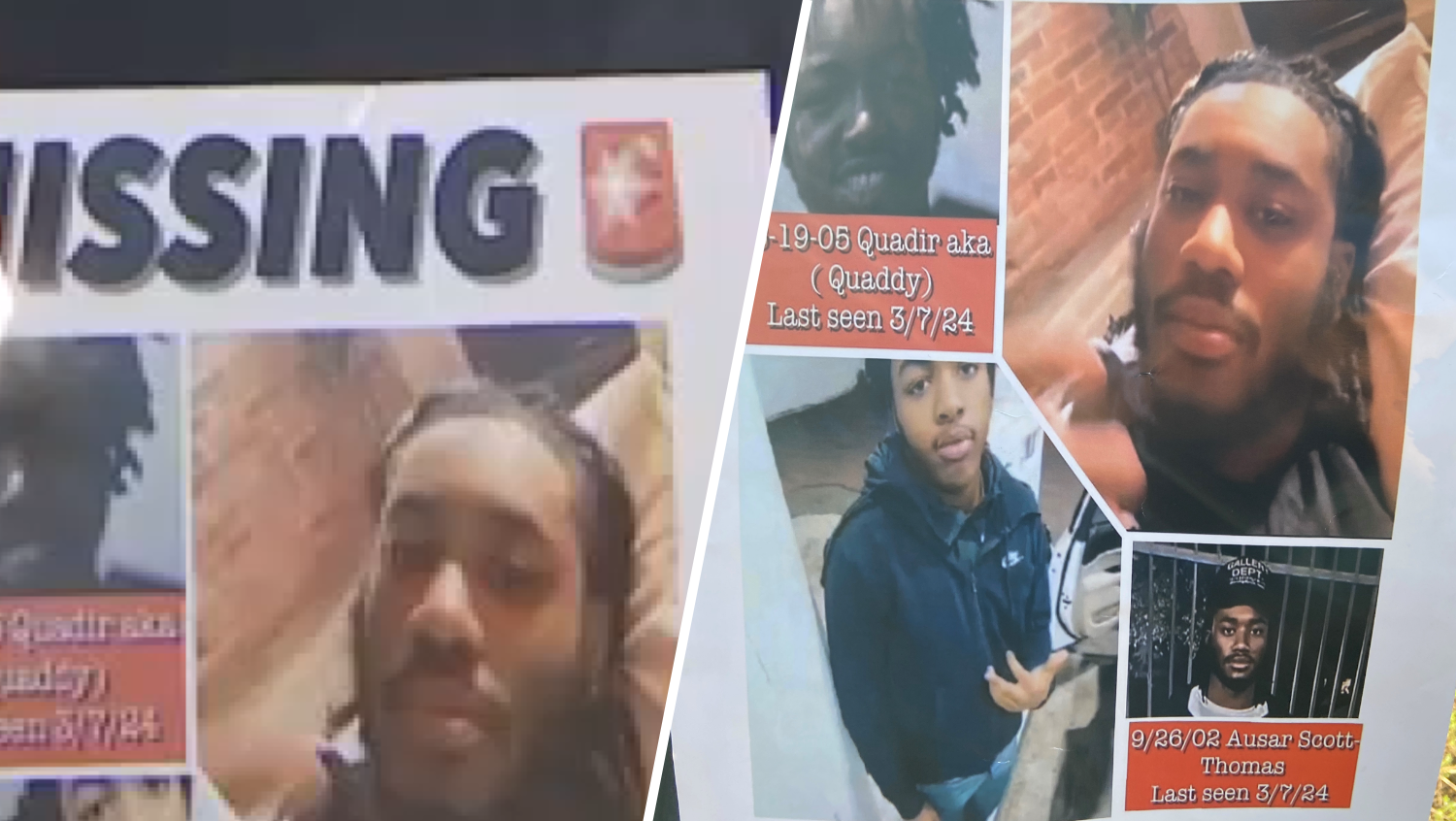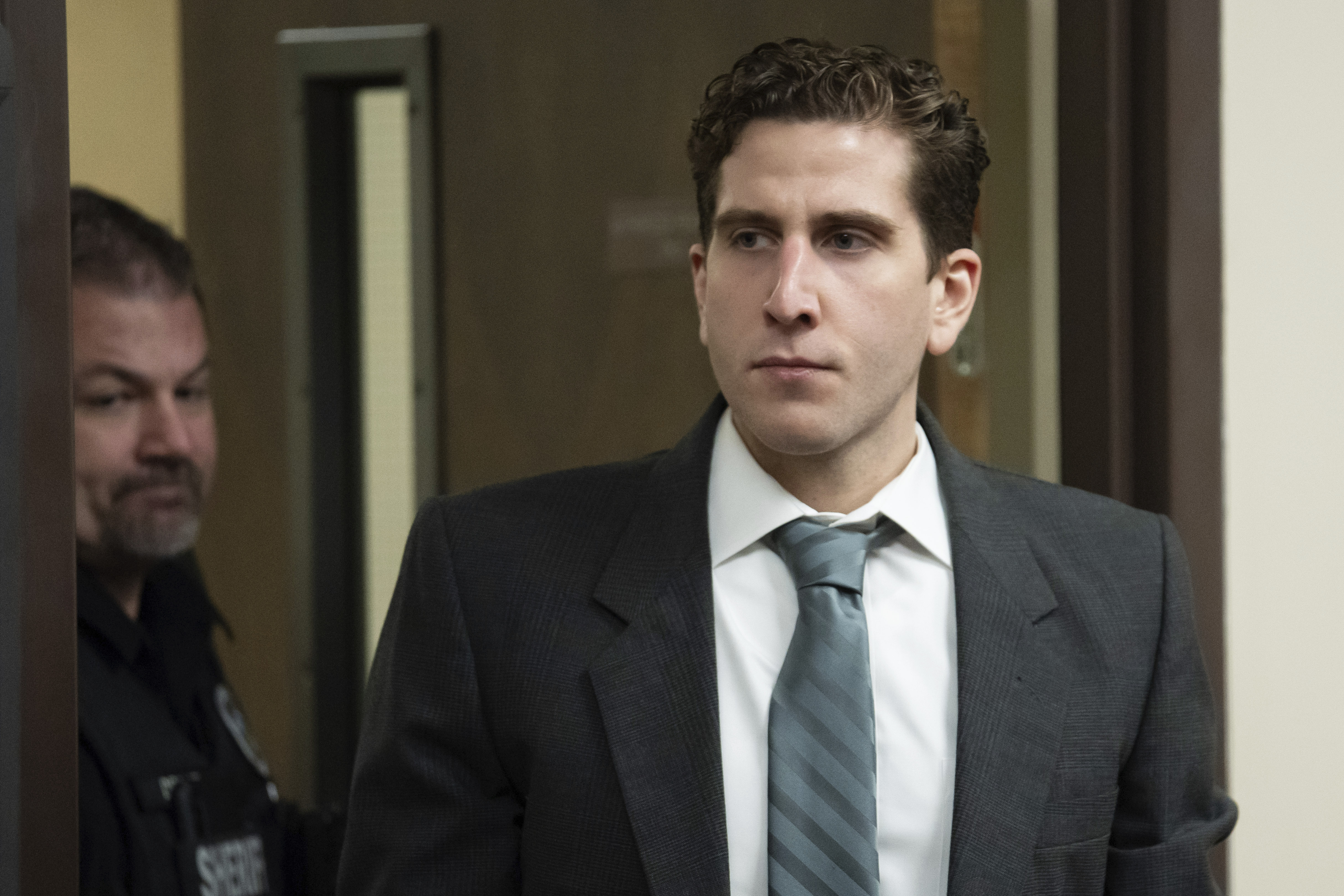Crystal Rauenzahn said her parents were definitely better off at her age than she is today.
At 33, with a graduate degree and married to a lawyer, she certainly didn't expect that to be the case.
But she got laid off last year as an elementary education counselor for the Reading School District, and even with a master's degree in education, has only been able to find work as a substitute in the Daniel Boone School District.
So now she's a stay-at-home mom, but not by choice.
And as a 30-something disappointed in her financial circumstance, Rauenzahn is not alone.
An Urban Institute study has found that Americans in their 30s are the only age group in the country worse off than their peers from three decades ago.
A PRONOUNCED PLUMMET
The study found that the net worth of today's 30-somethings adjusted for inflation is down 21 percent from what the same age group had in 1983.
Stagnant wages, diminishing job opportunities, and lost home values may be merging to paint a vastly different future for people under 40, the study reported.
That could mean these young people won't be able to catch up in time to amass enough wealth to even support themselves in retirement. If that remains true it could deal yet another blow to an economy already woozy from the battering that the mortgage crisis, Wall Street bailouts and gridlock in Washington have delivered, the study concludes.
Meanwhile, political discussions are aimed at preserving the public wealth and benefits of older Americans and baby boomers at the expense of these younger generations.
SECURITY GAP
When her mother was her age, Rauenzahn said, she was working as a registered nurse and her stepfather was a Berks County Prison guard. Both made good salaries, had excellent benefits and never feared losing their jobs.
Local
Breaking news and the stories that matter to your neighborhood.
"My stepdad's benefits covered me through college," she said. "I was the one with benefits, so when I got laid off we not only lost my salary but our benefits. I had to put my kids on CHIP, which is terrible."
The state Child Health Insurance Program provides medical benefits to children whose parents have none.
Rauenzahn said she and her husband, Rolando Ramos, an attorney, went without benefits until he got a job at Mid-Penn Legal Services, a legal aid service for the poor.
"It's a government agency so it doesn't pay very well but it provides us benefits," she said.
When the economy went south Ramos lost his job at a law firm in West Chester.
"It's demoralizing," she said. "You start to lose faith in yourself. You really start to wonder what you did to deserve this."
A FORTUNATE FEW
At 37, Tim Keeler of Wyomissing is at the top end of the 29-37 age group targeted by the study.
He said he's actually doing about the same as his parents were doing in their 30s, but admits that's largely due to the fact that he and his father worked for and owned Proasys, Inc., a water treatment service for companies with large heating and cooling systems.
Though they provide an essential and inexpensive service, in this economy customers are constantly trying to negotiate for lower prices, he said.
And though they were fortunate to have most of their college paid through scholarships and their parents and grandparents, he and his wife of 12 years, Elissa, 36, worry how they are going to afford college for their son, Finian, 5, and daughter, Maeve, 3.
Still, Keeler's parents, Robert and Christine Keeler of Reading, owned their own home and lived fairly well in their 30s, and Tim and Christine Keeler are doing the same, even in a recession economy.
"I'm very lucky," he said. "I know that."
'DIFFICULT TO LIVE AT TIMES'
Growing up in Reading was pretty good for Jessica Echevarria. Both of her parents had good, steady jobs, gas was cheap, life was good, the 29-year-old Temple resident said.
Now, she said, her life is a struggle. Her husband, Andrew, 27, got laid off from a steady job in a warehouse and for the first time in his life hasn't been able to find any full-time work.
Jessica can't find a good full-time job either. She works as a hostess at the West Reading Diner four days a week and spends the rest of her time taking care of their daughter, Natalia, 3.
For the time being, Jessica and her young family are living with her 74-year-old grandfather, Donald Clouser.
"We're struggling," Echevarria said. "It's very difficult to live at times."
Even though times are tough, Rauenzahn said she still pays $86 a month so her son can continue the violin lessons he started when she was still working.
"You can't stop your life," she said. "That $86 is like a kick in the gut every month, but I won't take that away from him."



